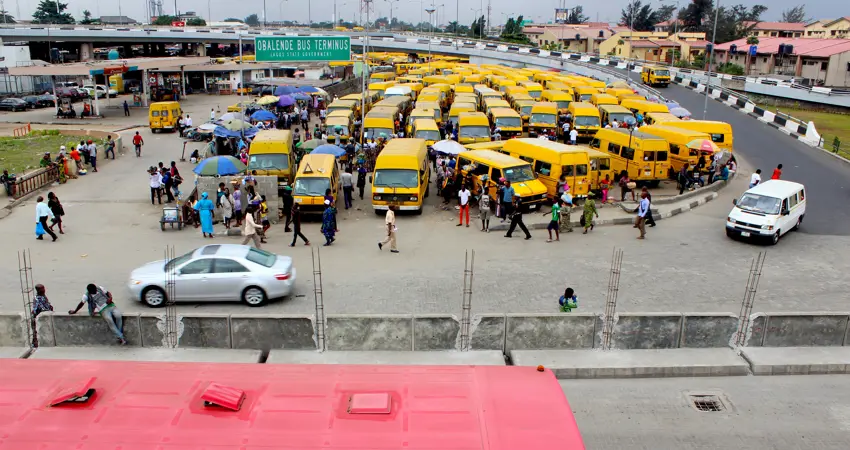02 Jun 2021
Solving the ‘chicken and egg’ problem of Electric Vehicles in Africa
Electric vehicles could have a transformative effect on health, carbon emissions and consumer costs in Sub Saharan Africa, but governments must solve the problem of investment in infrastructure and vehicles.

A commentary published in Nature Sustainability identifies the potential of harnessing solar energy to electrify transport across the continent. This could lower fuel costs for transport workers, cut fares for users, improve health by reducing a major contributor of dangerous air pollution and drive down carbon emissions.
It suggests investment would create a ‘virtuous cycle’ where more solar-powered electricity generation for Electric Vehicle (EV) charging drives EV use, lowers transit costs for populations, and stabilises unreliable energy systems. This then creates demand for more EVs and more investment in solar energy. However, it notes that governments lack the data to make the case for investment by financial institutions or development banks, and that policy change is needed to overcome this.
Dr Katherine Collett, Postdoctoral Researcher in the Energy and Power Group at the Engineering Science Department and Fellow of the Oxford Martin Programme on Renewable Energy says, “There’s a ‘chicken an egg’ problem that needs solving. Nobody wants to invest in Electric Vehicle charging before there are enough EVs to make it profitable. But nobody wants to buy an EV that they are unable to charge. We’ve made key policy suggestions that will help countries in Sub Saharan Africa gather data to make the case for the infrastructure investment and EV adoption, which will lead to healthier cities and reduced carbon emissions.”
The paper explains that family cars are rare in Sub Saharan Africa and most mobility comes from minibuses and two- or three-wheelers that operate according to demand rather than on a set timetable or route, known as paratransit. It also highlights the significant disconnect between the transport sector and the energy sector, which operate and plan in insolation from each other, a legacy the authors state needs to change.
Suggestions in the paper to improve data collection and availability include mandatory vehicle registration and insurance for all vehicles and GPS tracking for those involved in paratransit. Governments should also promote the use of cashless payments and mobile apps to better understand user behaviour. These changes would generate the data to demonstrate the size and opportunity available to electricity companies, EV manufacturers, and business that could retrofit existing vehicles for battery power.
Dr Stephanie Hirmer, Senior Researcher at the Energy and Power Group says, “Between 2010 and 2016 transport emissions in Africa grew 84%. This is only going to increase unless there is a disruption to business-as-usual. There is an abundance of solar resource available in Africa and the International Energy Agency now calls solar the ‘cheapest electricity in history’. Cleaner air, cheaper transport and stable access to electricity is within grasp for Sub Saharan Africa, we just need to mobilise the data and investment to make it happen.”
This work has been undertaken by researchers on the Oxford Martin Programme on Renewable Energy and at the Energy and Power Group as part of the Climate Compatible Growth Programme of the United Kingdom’s Foreign, Commonwealth and Development Office (FCDO)
Reproduced by kind permission of the Oxford Martin School.




